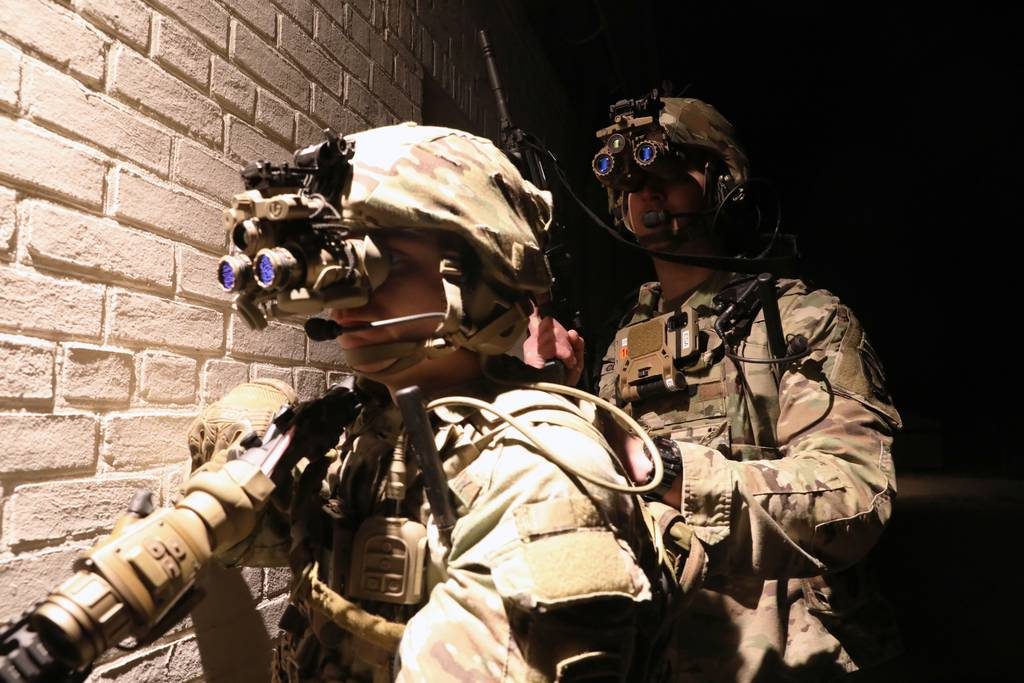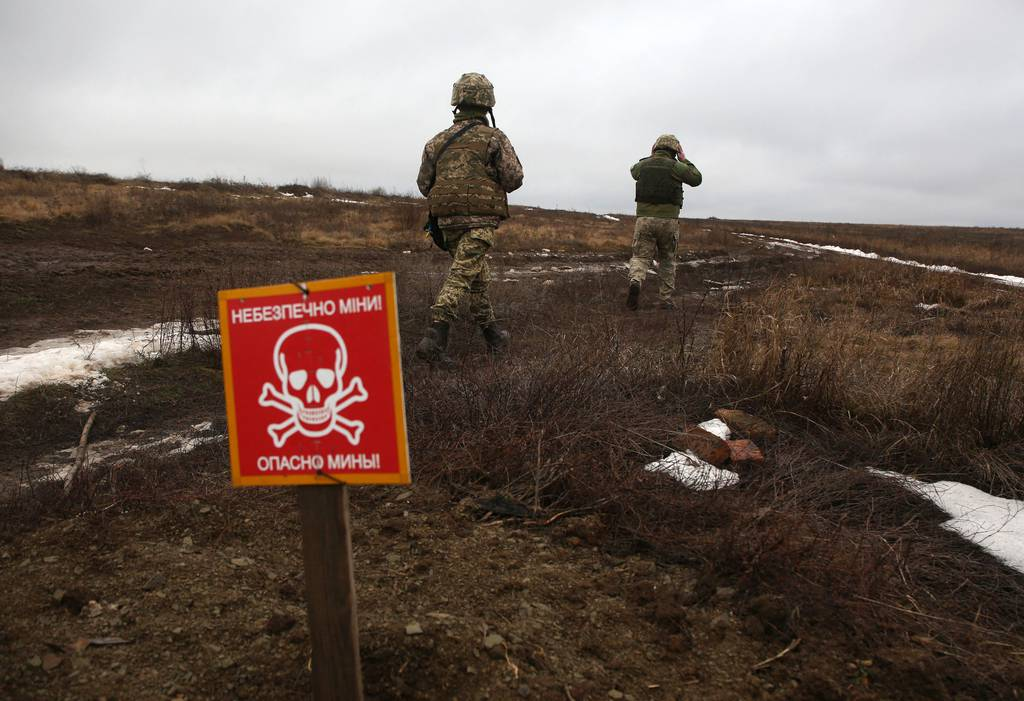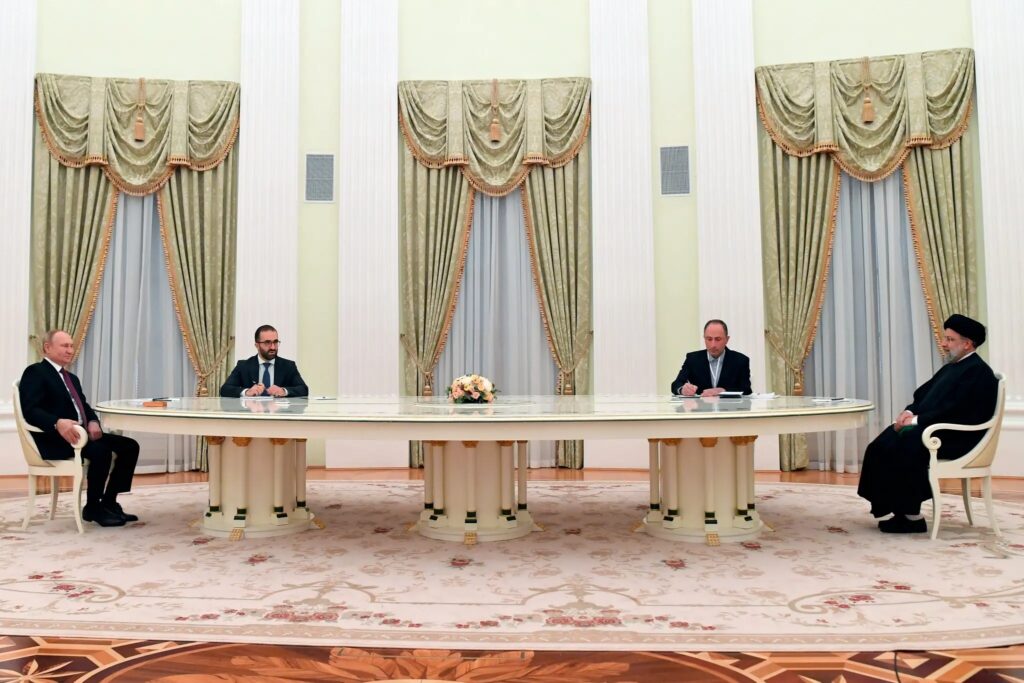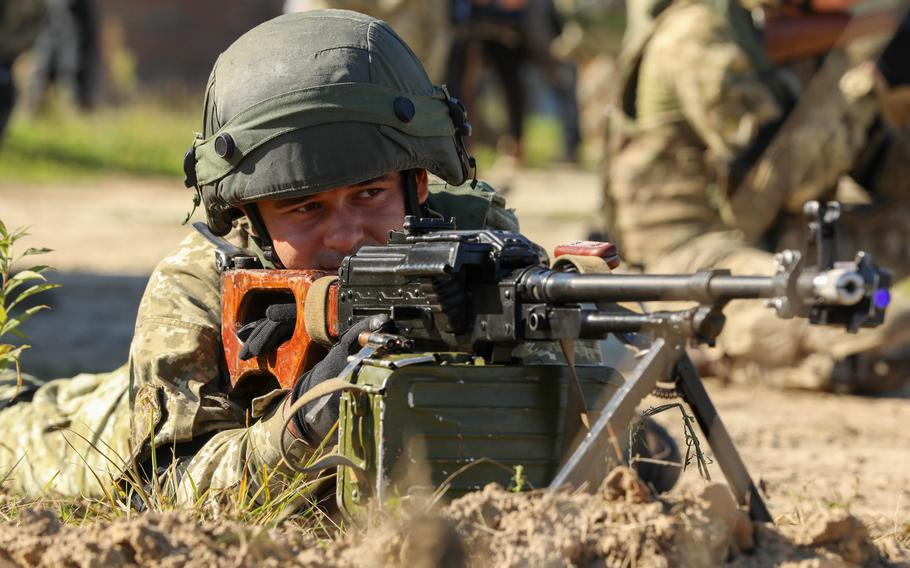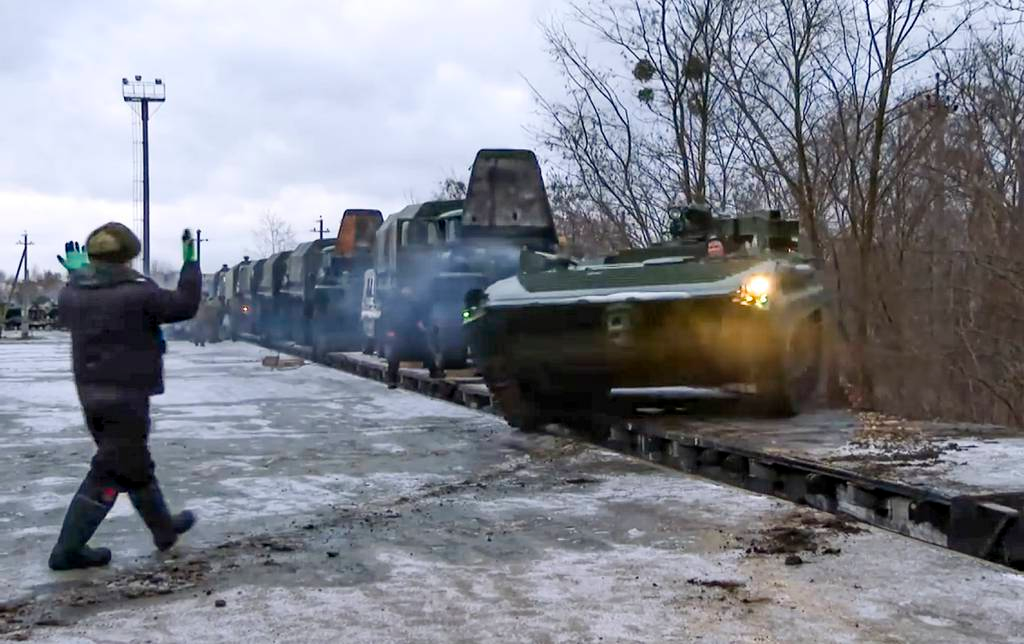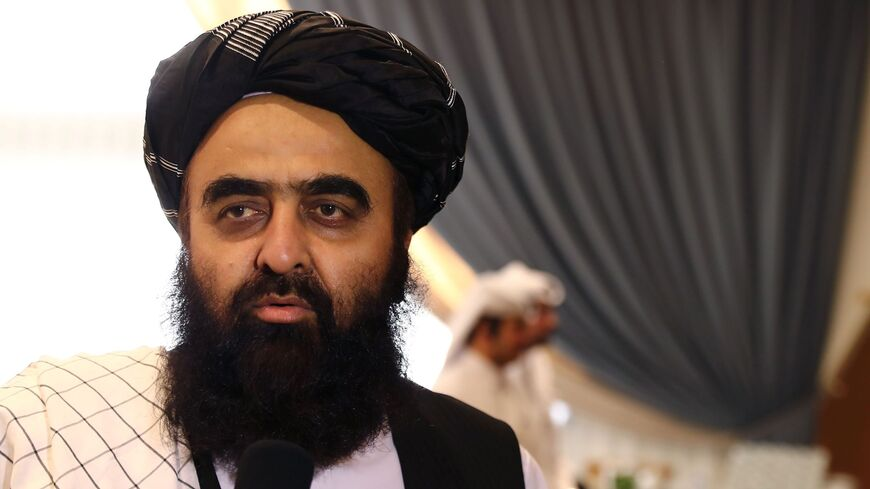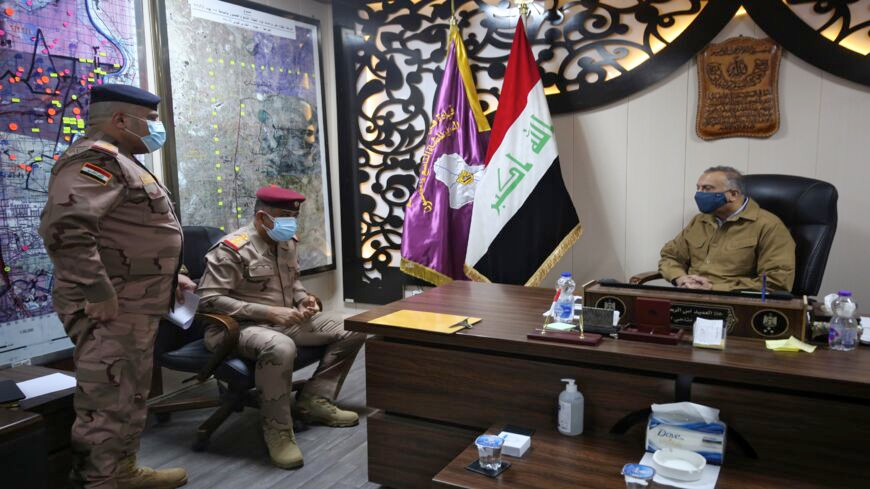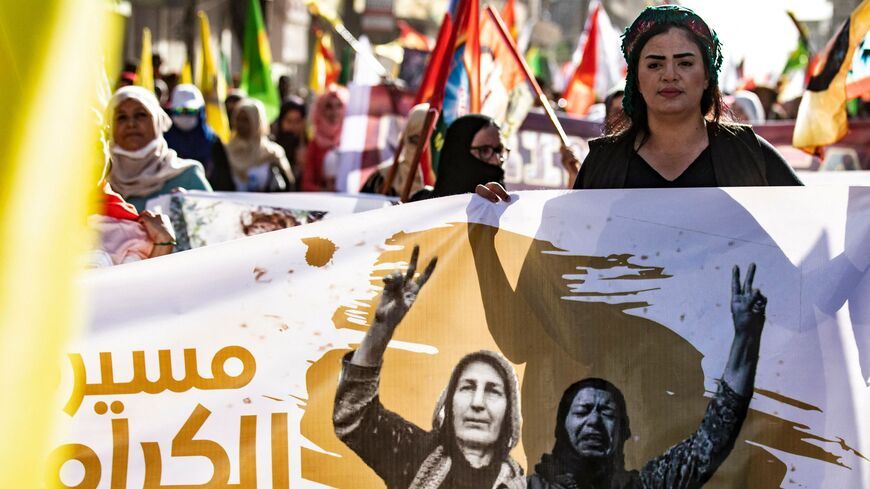Rebuilding The World Order – Analysis
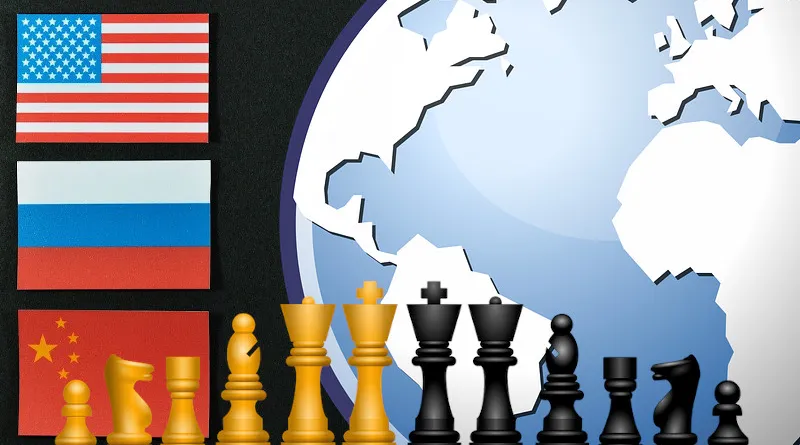
Many in the West believe China’s economic ascendancy indicates that Beijing is covertly working to usher in a new world order in which the balance of power has shifted.
History shows that changes in the world order are inevitable, but they are not happening as quickly as some analysts think. For example, the rise of the US to the world’s primary geopolitical position took nearly half a century, from the late 19th to the mid-20th century. France’s rise to domination over western Europe in the 17th century was also a long and arduous process.


